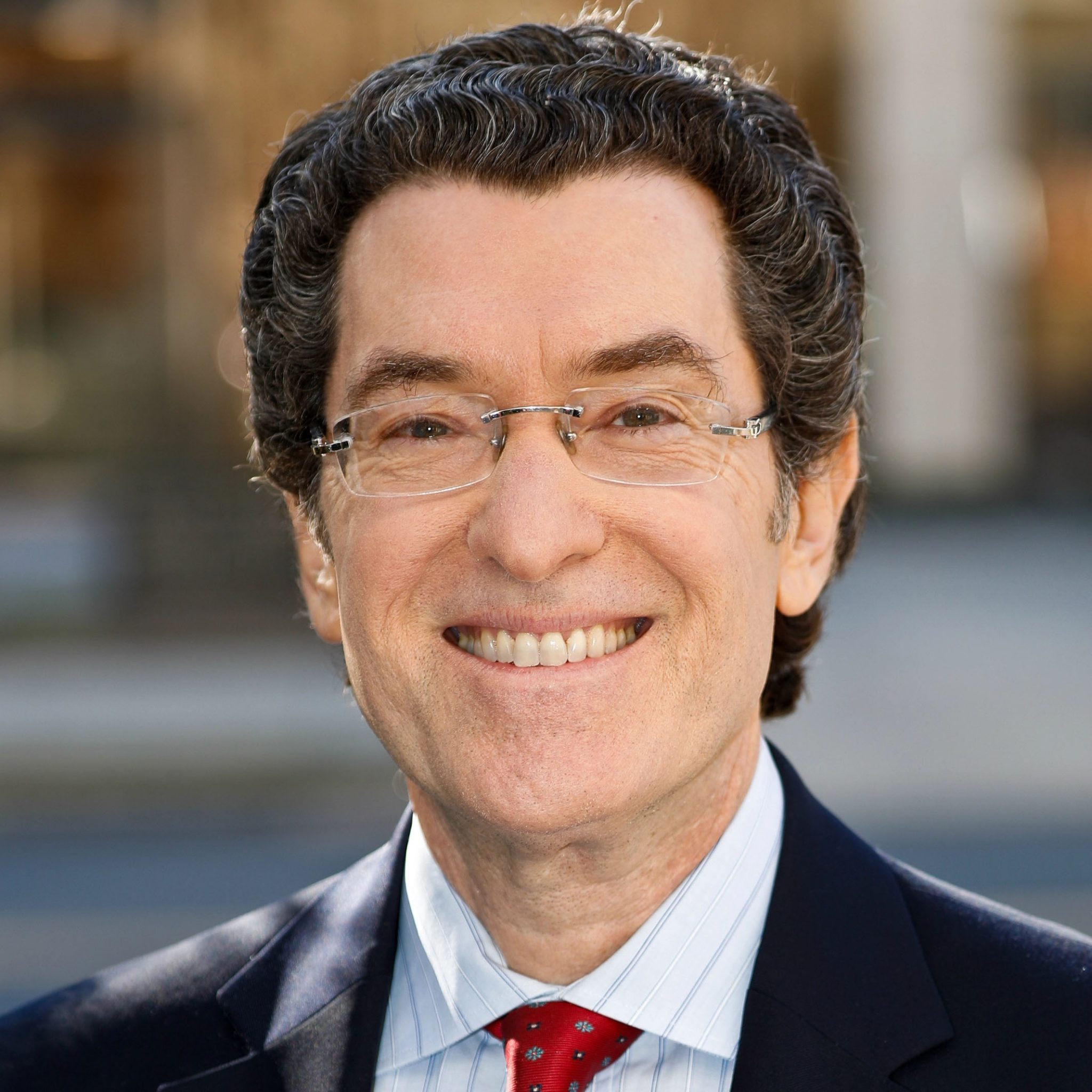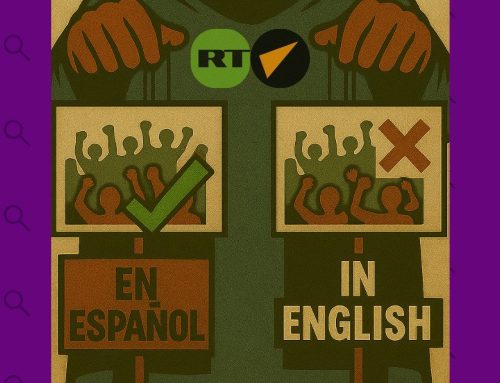While corruption has undermined Russia’s war effort, anti-corruption efforts have made Ukraine more resilient.
The abortive rebellion by Wagner mercenary group leader Yevgeny Prigozhin against Russia and its president, Vladimir Putin, has only reinforced the conclusion of our research into the conflict: One cannot truly understand this war without looking through the lens of corruption. From the start of the invasion to Prigozhin’s dramatic insurrection, the fight against corruption has greatly influenced the course of events. And Ukraine will need to defeat corruption if it has any hope of winning the conflict and securing a meaningful peace.
Prigozhin is a monster of Vladimir Putin’s creation. Putin enriched him originally through lucrative contracts to feed Russia’s military and then through preferential access to resources exploited by Prigozhin’s mercenaries in Africa and elsewhere. Until Prigozhin and Putin struck a deal to halt the Wagner Group’s march toward Moscow, Prigozhin’s advance through Russia with minimal bloodshed was reminiscent of the Taliban’s waltzing into Kabul, Afghanistan, in 2021 and Russian forces seizing Crimea almost without firing a shot in 2014. Even though these attackers were themselves odious figures, local defenders were disinclined to risk their lives for a corrupt government, so they laid down their weapons or stepped aside.





